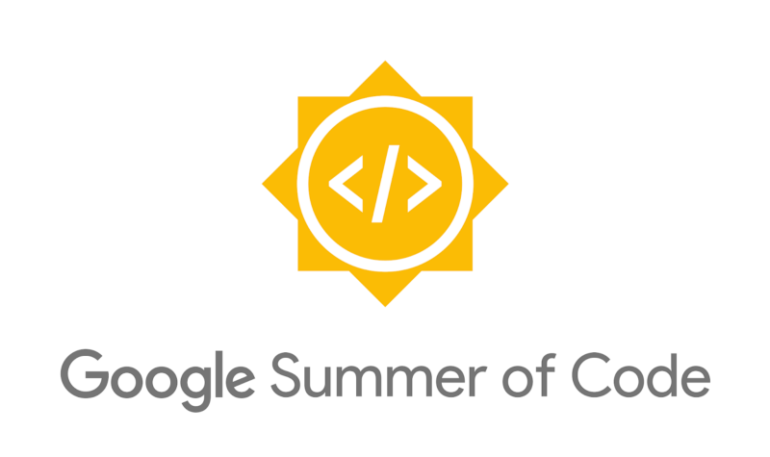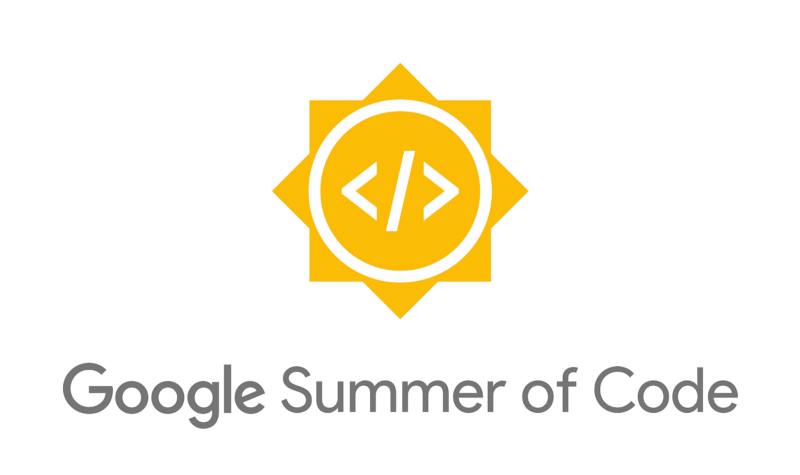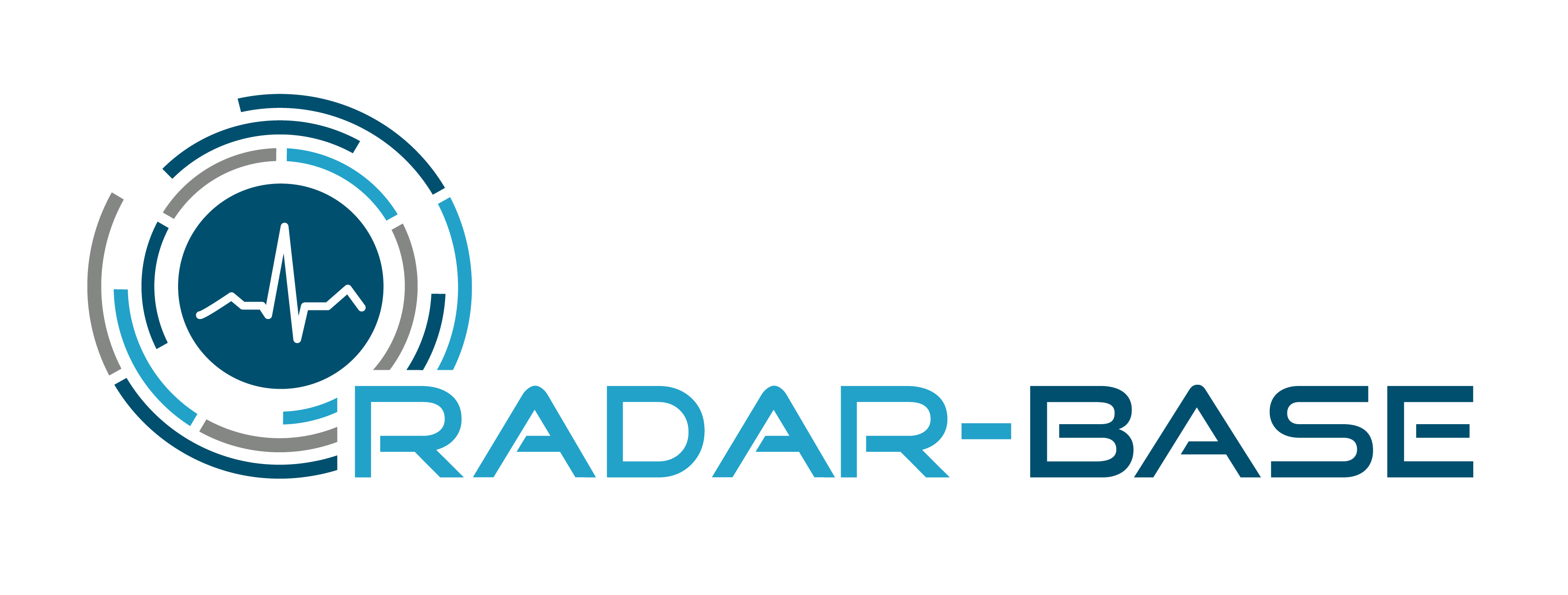
Google Summer of Code 2022 Review
RADAR-base GSoC https://github.com/RADAR-base/GSoC
Retrospective of GSoC 2022
In 2022, RADAR-base participated in its first GSoC, and we were thrilled to host 3 projects. We received outstanding applications and had the honour of collaborating with three exceptional candidates. Let’s take a brief look back at the outcome of last year’s projects.

Projects:
RADAR-Feature pipeline
By Pushkar Patel
There is a rapidly growing interest in utilizing smartphones and wearables to remotely monitor patients with physical and mental disorders, which offers the potential to provide timely and personalized interventions. Yet, standardization, extraction, and exploration of relevant digital phenotypes (features derived from single or multiple remote monitoring data streams) are time- and effort-consuming. The RADAR-base platform offers off-the-shelf open-source capabilities for collecting these types of remote monitoring streams into a standard RADAR-schema’d data structure. Standardizing the pipeline for feature extraction and cataloguing will greatly facilitate and expedite the discovery of informative features, enabling feature reuse and comparison. Additionally, automated DOI allocation for pipeline repositories enables pipeline authors to be cited and credited for their work.
👉 Read Pushkar’s project report
Apple HealthKit integration to aRMT App
By Kai You
The RADAR-base Active Mobile app (also known as the Questionnaire or Active App) is an active remote monitoring app for collecting Patient Reported Outcomes (PRO) e.g. via questionnaires, active tasks and challenges. Active remote monitoring can be used to analyze cognitive behaviours, mental health and overall well-being of an individual or cohort.
Currently, the platform is able to collect active data by questionnaires through Android and iOS phones. We want to develop and extend the iOS version of aRMT to collect data from Apple HealthKit and send it to the RADAR-base server. For this purpose, because in iOS devices we couldn’t collect HealthKit data in the background, we need to collect data actively by notifying the participant via notifications to start collecting and sending the data.
Fitbit Web API Subscription and Nutrition API Extension
By Junjie Zhou
The RADAR-REST-Connector contains a Kafka Connect source connector for a general REST API, and one for Fitbit in particular. This allows for pulling the wearable data from Fitbit servers using their Web API.
Currently, the implementation is using a PULL-based approach where we make requests chronologically without any knowledge of the presence of data on Fitbit’s servers. This however comes with caveats:
- There is no way of knowing if there is data present (for a particular time range) on the Fitbit servers or not.
- This makes it hard to keep track of late-arriving (or out-of-order) data since the application needs to keep making requests backwards in time to check. This results in a loss of data.
- This also makes the system not real-time.
The solution is to implement the Fitbit Subscriptions API (a PUSH-based mechanism). In this case, the Fitbit API will send a notification to an endpoint on our application informing us when there is new data available. On receiving this notification, we can make a request for the specific data provided in the notification hence mitigating the issue stated above.
👉 Read Junjie’s project report
While we won’t be participating in GSoC in 2023 we have prepared a list of candidate projects if you are interested in helping develop the RADAR-base platform you can view some of these on GSoC repository or feel free to look at the Roadmap for example first-good-issue.

